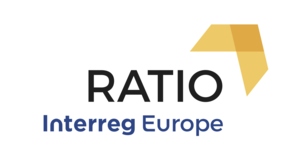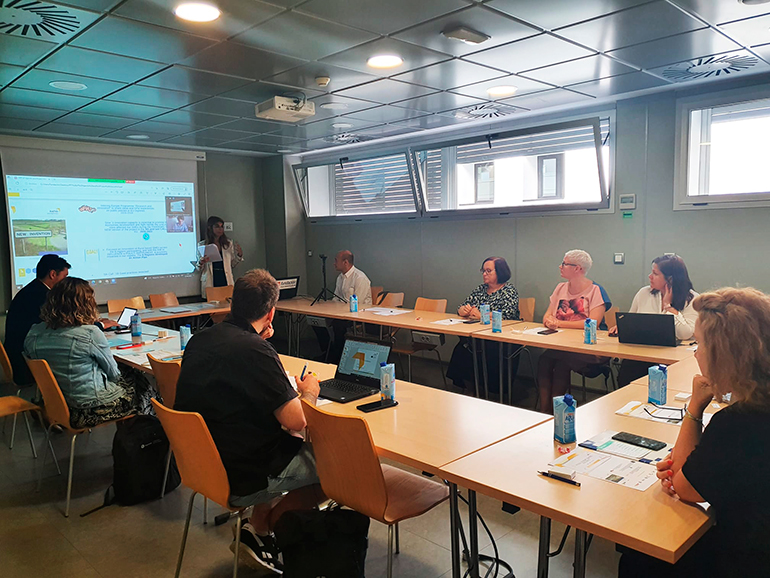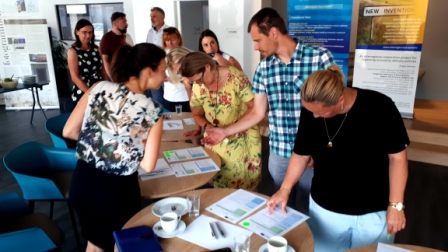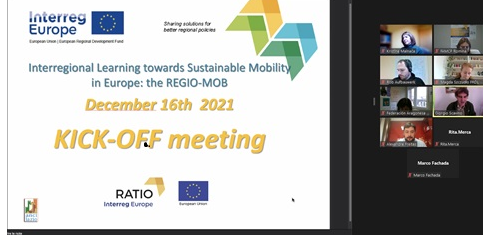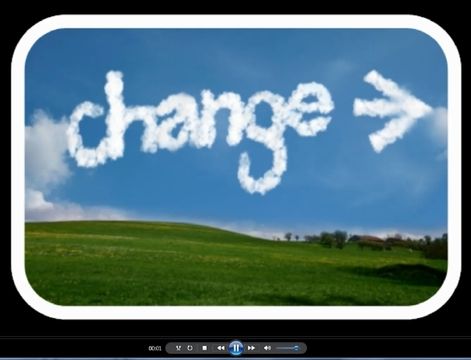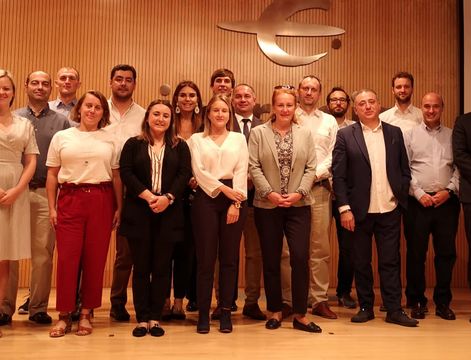"During the Covid-19 pandemic, tha largest declines in economic activity were in sectors that provided secondary services and had limited technical capacity to conduct business remotely. However, insignificant changes in the number of companies in these sectors in 2020 indicate that government support measures will avoid a wave of mass insolvencies in the sector and point to the prospect of sectors maintaining long term supply assets and successfully resuming economic activity after easing restrictions." - this and other valuable statements can be read in the study conducted by the Vidzeme Planning Region (Latvia). The report evaluates support policy instruments for SMEs in the Vidzeme region tó mitigate the consequencies of the Covid-19 pandemic.
The study analyzes various sectors: accommodation and travel agencies highly dependent on tourism demand, catering providers, specialised retailers of secondary necessities and cultural and creative services.
Companies have tried to adapt to the market situation dictated by epidemiological constraints by developing outlets that meet new public health standards. It includes such activities as e-commerce of ready-to-eat food and goods. Companies had also expanded the range of outdoor services like developing new nature tourism attractions and offering outdoor culture and creative activities. Turnover index data show that these masures were only partially successful in maintaining the current level of economic activity.
The study identifies two groups of business support tools: specially designed programmes and measures to mitigate or prevent the effects of the COVID-19 pandemic and other available support tools aimed at increasing innovation capacity (introduction of innovative products of processes).
Researchers concluded that a significant increase in corporate cash in bank accounts in many sectors of the economy indicates a willingness of companies to invest. The rise in funding suggests that future state aid measures during the COVID-19 pandemic should be highly target at the companies most affected by tha crisis.
The study also highlights two examples of good practices in the Vidzeme region - support instrument that promote innovation: the service "Innovation Broker" and the support programme "Support for Enterpreneurs in the Cultural Sector" administered by ALTUM. The impact of the received support instruments on business is commented on in the video by Vidzeme enterpreneurs and representatives of organizations that have participated developing the support instrument, thus guaranteeing the effectiveness of the expected results. The financial support received is decribed as an airbug for creating synergies. At the same time, the service of an innovation broker has made them aware of the potential of foreign markets and helped companies find out for themselves, thus influencing the development of the company as a whole.
We invite you to watch the video here: https://youto.be/-wKYYAUSrel
For any questions, please contact Ms. Rita Merca, project manager at Vidzeme Planning Region (LATVIA), [email protected]
